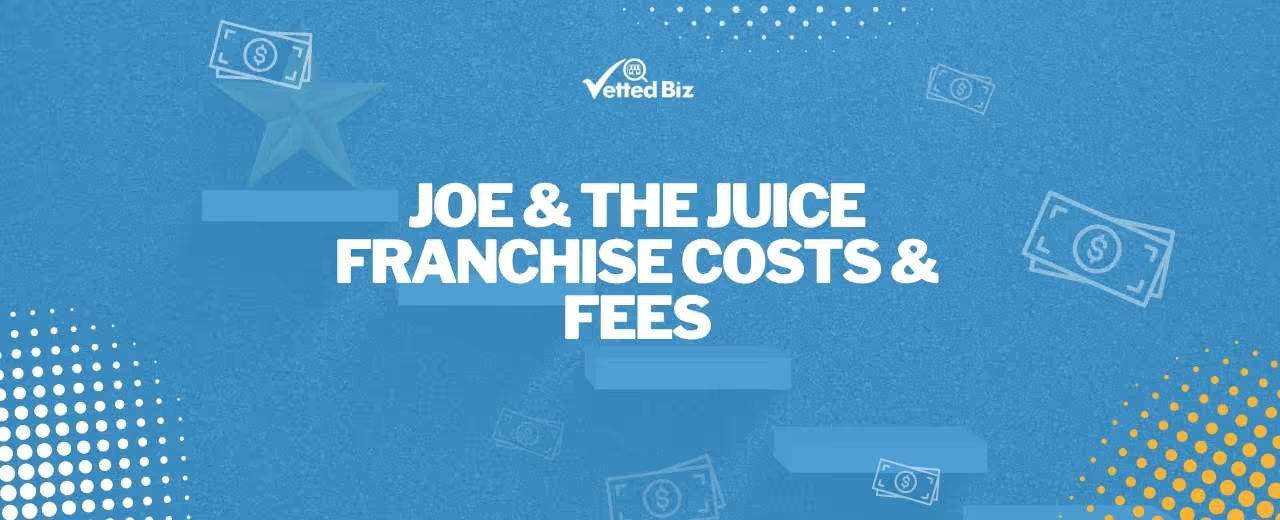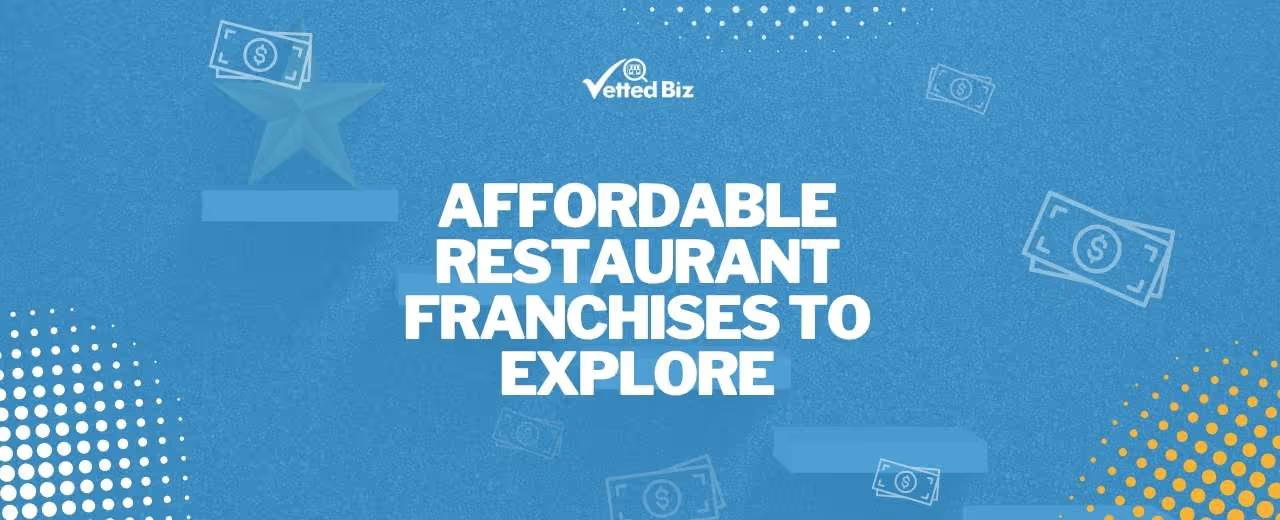Skyline Chili is a fast-casual restaurant specializing in chili and chili-related food items. The franchise serves a variety of chili-based dishes in a casual dining setting with options for table service, drive-thru, or carryout.

Key Insights
- Skyline Chili began as a direct response to inefficiencies and limitations that existed in conventional service approaches, with founders committed to establishing superior alternatives that prioritize customer experience, operational excellence, and sustainable business growth through systematic improvement.
- Menu development balances signature dishes that define restaurant identity with customer favorites and seasonal offerings, incorporating feedback and market trends while maintaining the quality and consistency that build customer loyalty and positive reputation.
- Market consolidation trends benefit established brands with proven systems and operational expertise, creating opportunities for growth and expansion while rewarding businesses that have demonstrated consistent quality and customer satisfaction over time.

Franchise Fee and Costs to Open
Exploring the financial picture of Skyline Chili gives insight into both the upfront commitment and the potential revenue opportunity. According to FDD Item 7, opening this franchise typically involves an investment in the range of $790,000 - $1,075,000, along with a franchise fee of $20,000 - $20,000.
Financial Performance and Revenue
Training and Resources
Skyline Chili provides comprehensive training for new franchisees. The initial program offers a blend of classroom and on-site learning, spanning approximately four to six weeks. This immersive experience takes place at designated Skyline Chili training facilities. The franchisor also provides a robust suite of operational resources and ongoing support. Franchisees receive guidance on menu execution and customer service standards to align with the Skyline Chili brand.
Legal Considerations
Legal considerations for a Skyline Chili franchisee are defined by the Franchise Disclosure Document (FDD) and the Franchise Agreement. This franchise does not disclose lawsuits or bankruptcy information in its FDD, but prospective franchisees should still review all terms thoroughly. Consultation with a qualified attorney is essential before making commitments.
Challenges and Risks
Operating a franchise like Skyline Chili involves considerations regarding local market dynamics, as establishing a presence amidst existing dining options requires strategic differentiation. The intricate operational procedures, from recipe adherence to service standards, demand consistent execution. Furthermore, maintaining product quality and availability can hinge on established supply chains, necessitating careful management of vendor relationships and inventory.



